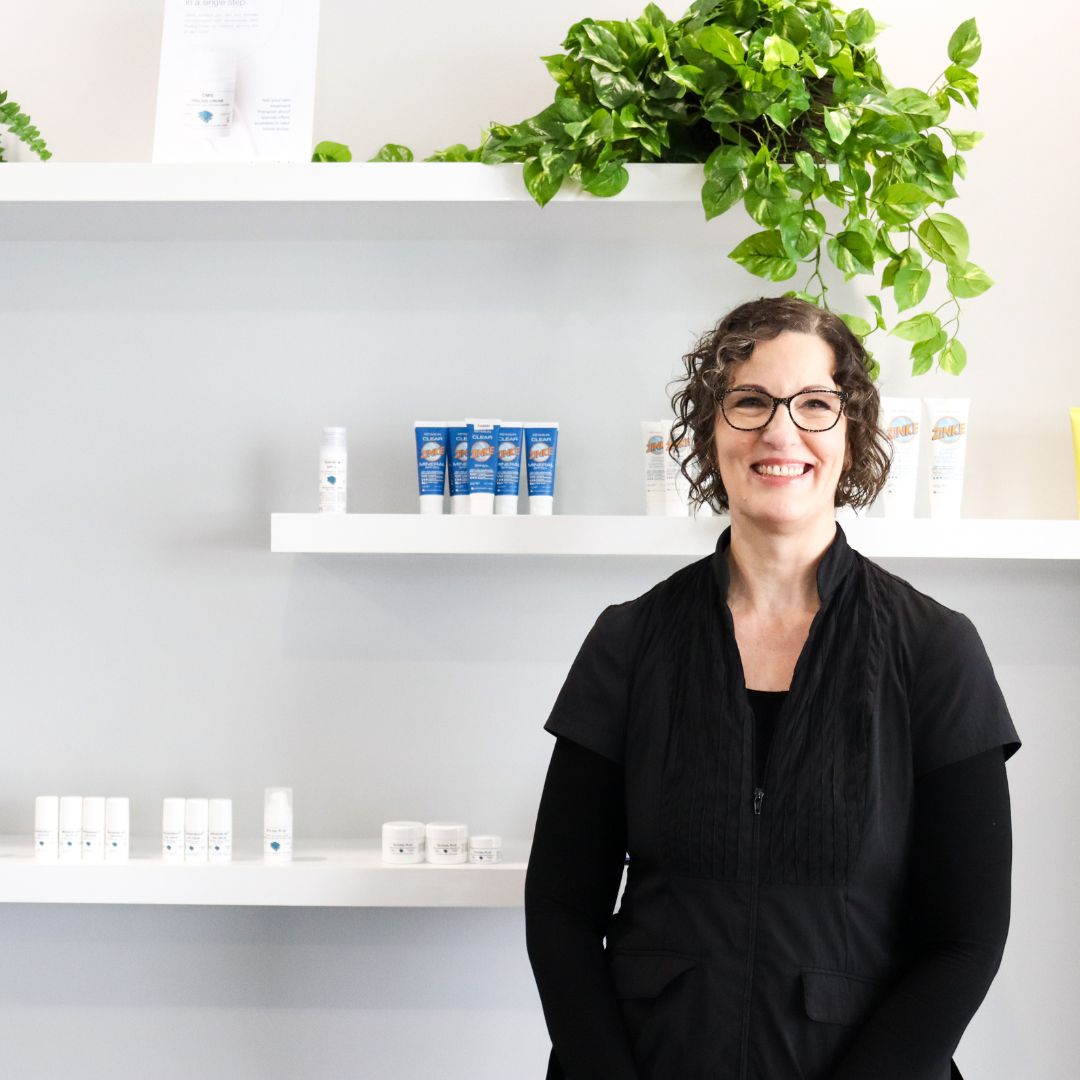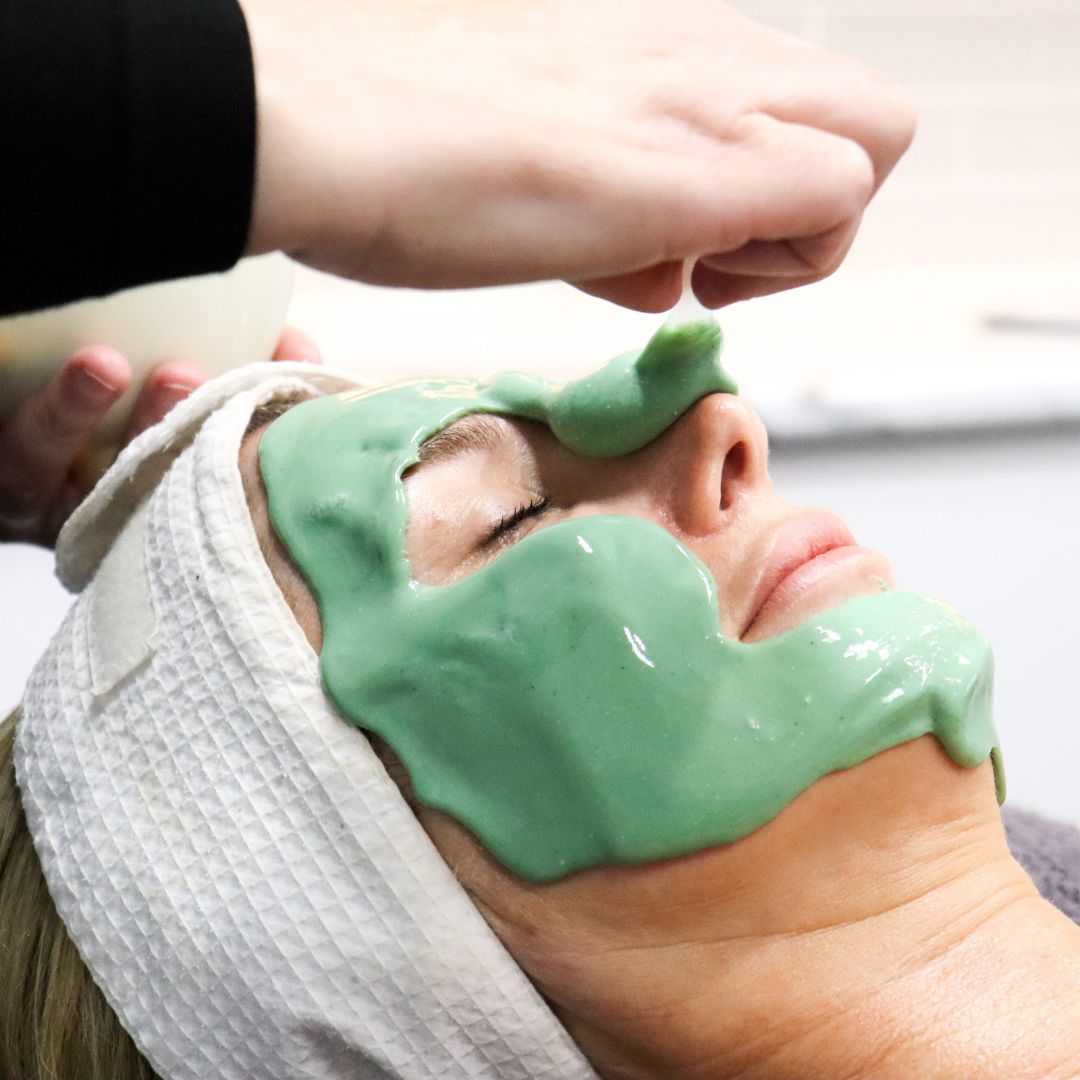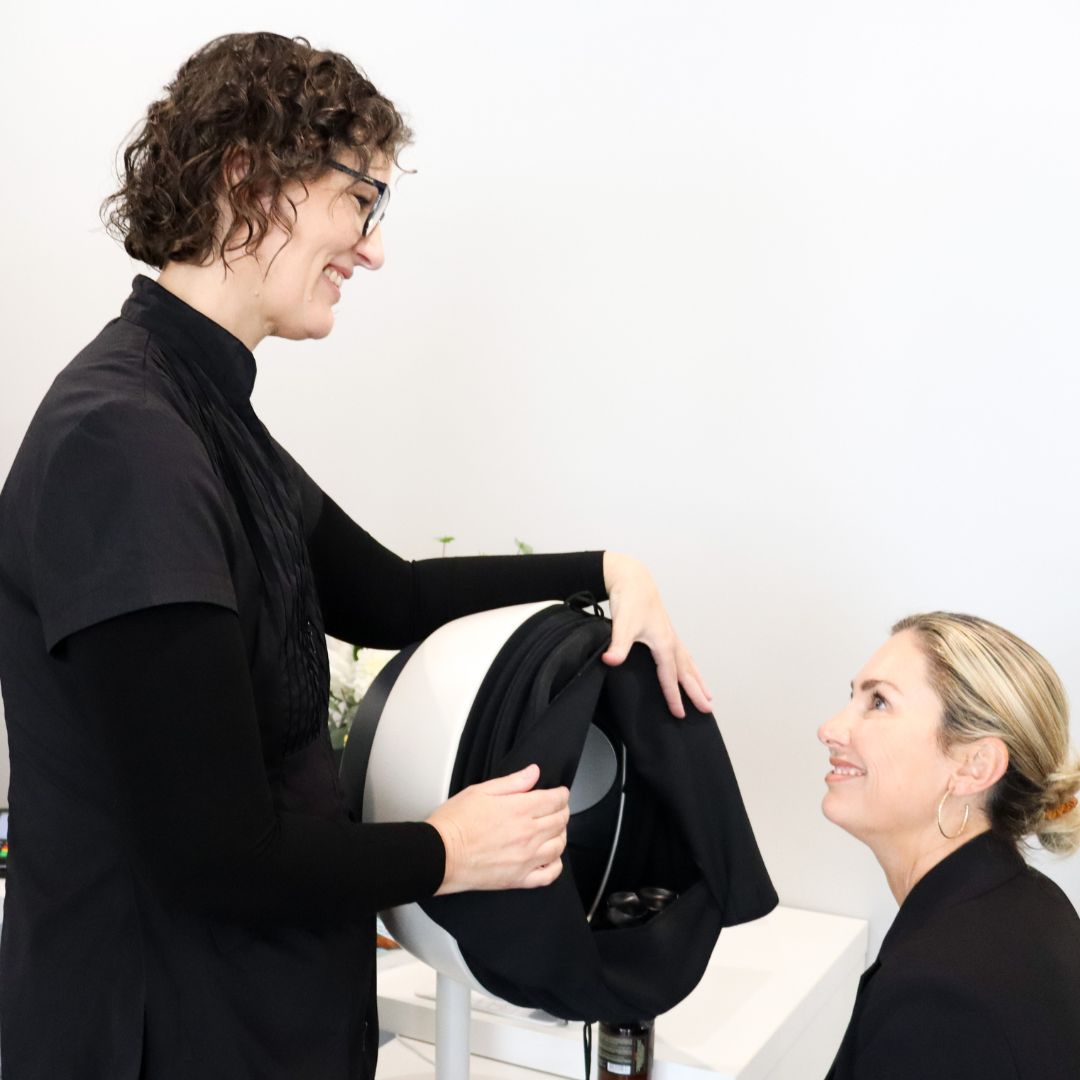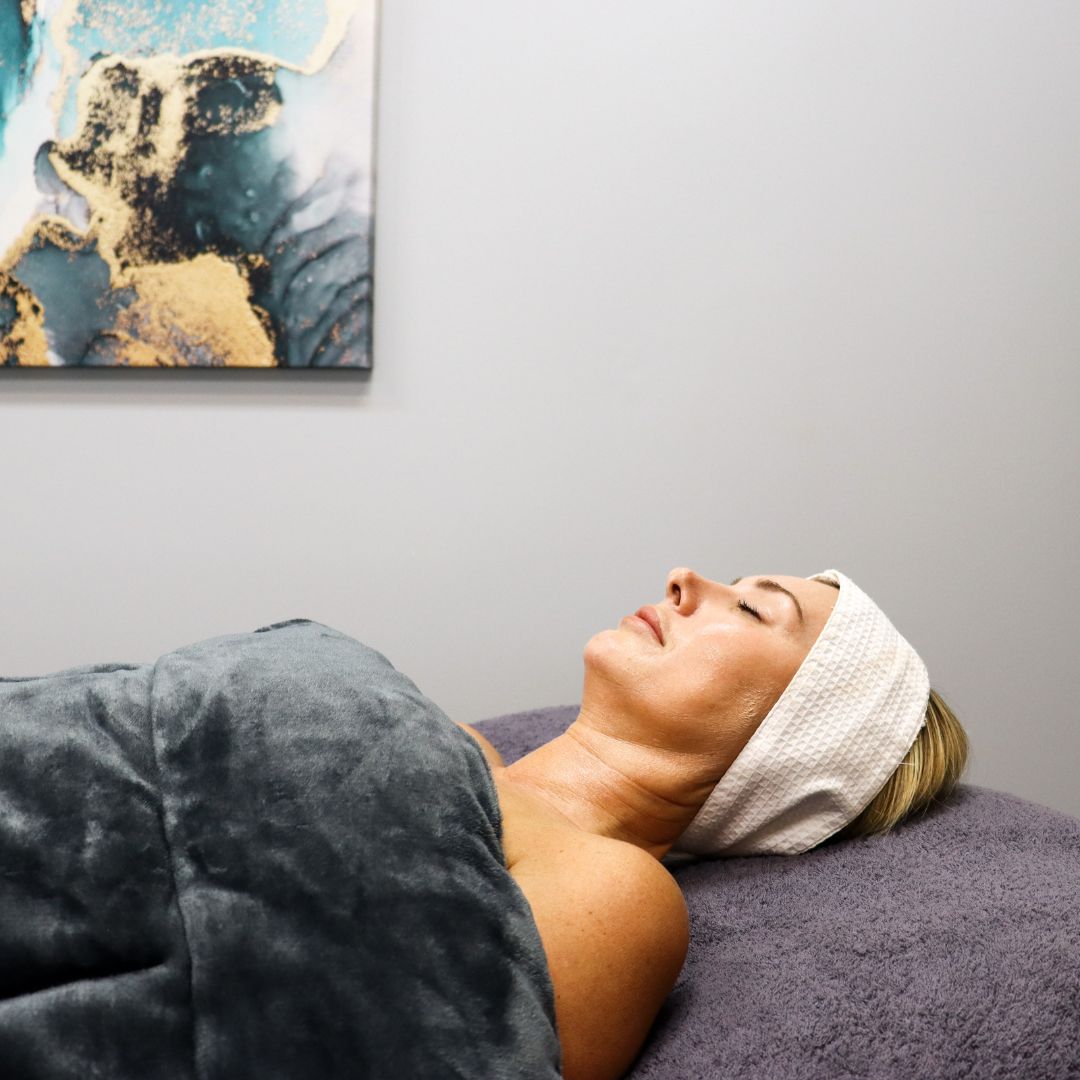Mature Skin
Specialising in problematic skin conditions.
Mature and Ageing Skin.
Maturing skin, often referred to as aging skin or mature skin, undergoes various changes as a person gets older. These changes can be influenced by genetics, lifestyle factors, and environmental exposures. Here are some common features and characteristics of maturing skin:
Wrinkles and Fine Lines: One of the most noticeable signs of maturing skin is the development of wrinkles and fine lines, particularly around the eyes (crow’s feet), mouth (smile lines), and forehead.
Loss of Elasticity: Maturing skin tends to lose its elasticity, making it less firm and more prone to sagging. This can result in skin that appears less taut and resilient.
Thinner Skin: With age, the skin often becomes thinner and more delicate, which can make it more susceptible to bruising and damage.
Dryness: Maturing skin may become drier due to a reduction in oil production. This dryness can lead to flakiness and a rougher texture.
Uneven Skin Tone: Irregular pigmentation, including age spots and sunspots, can become more prominent on maturing skin, leading to an uneven skin tone.
Reduction in Collagen and Elastin: Collagen and elastin, which provide structural support and elasticity to the skin, decrease in production, leading to a loss of skin suppleness.
Enlarged Pores: Pores may appear larger and more noticeable as the skin loses its elasticity.
Reduced Blood Circulation: Maturing skin may experience reduced blood flow, resulting in a paler complexion and slower wound healing.
Less Subcutaneous Fat: The layer of subcutaneous fat beneath the skin thins with age, which can contribute to a sunken or hollowed appearance in certain areas.
Expression Lines: Lines and wrinkles may form from repeated facial expressions, such as frown lines and forehead furrows.
Slower Cell Turnover: Skin cell turnover, the process of shedding old skin cells and generating new ones, becomes slower with age, leading to a duller complexion.
Increased Sensitivity: Some individuals may experience increased skin sensitivity, making the skin more prone to irritation and redness.
Decreased Natural Moisture: The skin’s ability to retain moisture diminishes, resulting in increased dryness and potential for itching or discomfort.
Pre-existing Conditions: Skin conditions like eczema or rosacea may become more pronounced or difficult to manage in maturing skin.
Treatment And Prevention.
While these changes are a natural part of the aging process, there are various skincare practices and treatments, including moisturisation, sun protection, and the use of topical retinoids, antioxidants, and anti-aging products, that can help maintain the health and appearance of maturing skin.






